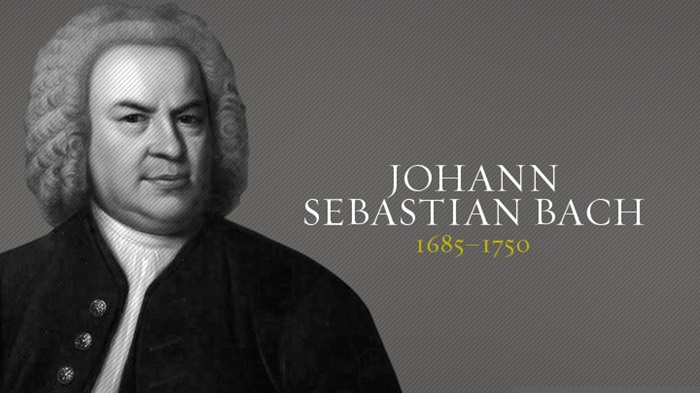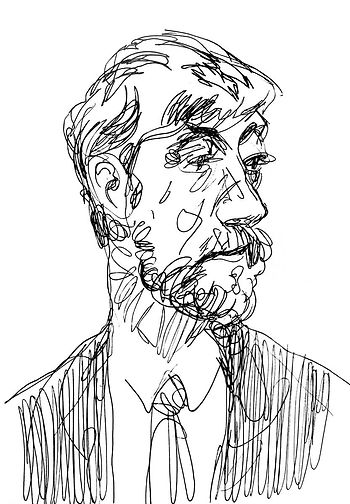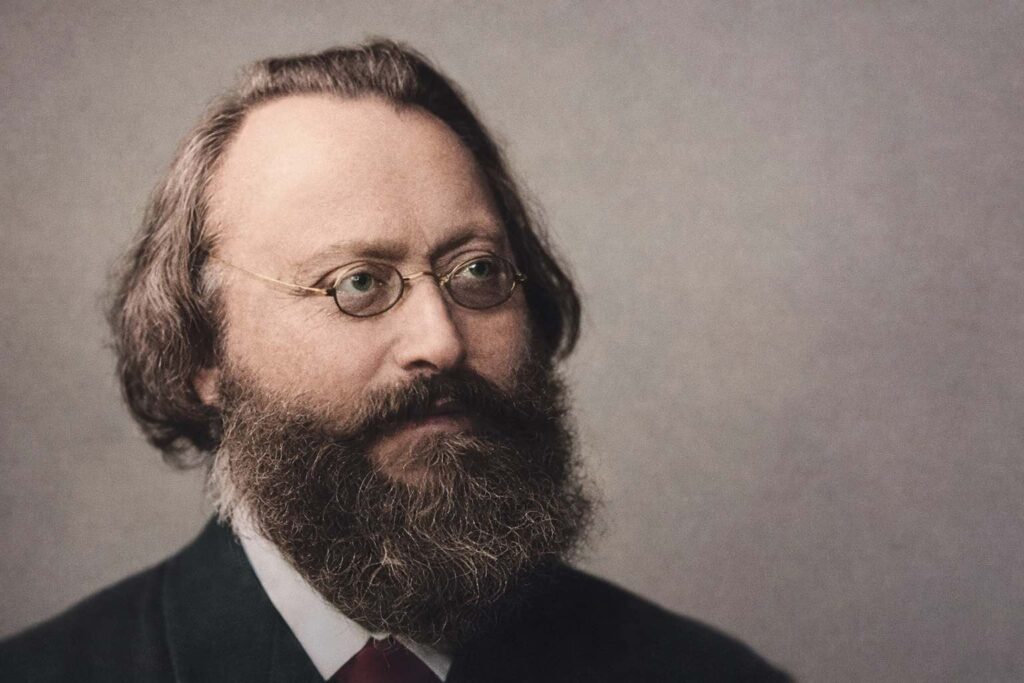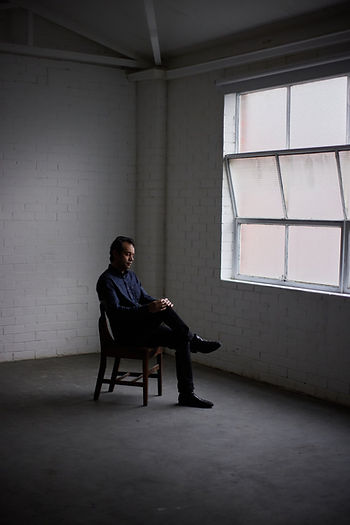Sofia Gubaidulina (1931–2025) was one of the most profound and innovative composers of the 20th and 21st centuries. Her music, deeply spiritual and mystical, was shaped by a unique blend of Russian, Tatar, and Western influences, pushing the boundaries of sound, form, and musical philosophy. She remained a fearless voice even when her compositions were condemned in the Soviet Union, later gaining international recognition as one of the most significant composers of our time.

Early Life and Musical Development
Born on October 24, 1931, in Chistopol, then part of the Soviet Union, Gubaidulina grew up in a Tatar family with deep artistic and intellectual curiosity. She studied piano and composition at the Kazan Conservatory before advancing to the Moscow Conservatory, where she was mentored by composers such as Nikolai Peiko, a student of Dmitri Shostakovich.
Shostakovich himself reportedly encouraged her, advising her to continue on her “incorrect path”—a reference to her experimental tendencies that often clashed with the artistic constraints of Soviet realism. Unlike many composers in Soviet Russia, Gubaidulina refused to conform to the ideological mandates imposed on the arts, choosing instead to explore avant-garde techniques, unusual instrumentations, and deeply spiritual themes.
Her Musical Language and Style
Gubaidulina’s compositions were characterized by:
- Spiritual and Mystical Themes: Many of her works drew on religious imagery, biblical texts, and mystical numerology.
- Experimental Techniques: She frequently employed microtonality, quarter tones, and extended instrumental techniques.
- Unconventional Instrumentation: Her compositions often featured rare instruments such as the bayan (a type of accordion), waterphones, and percussion instruments used in ritualistic ways.
- Contrast and Symbolism: Silence played a crucial role in her works, creating tension between sound and absence, chaos and order.
Her compositional approach was deeply personal, seeing music as a bridge between the material and the divine. This philosophy is evident in works such as Offertorium (1980), a violin concerto dedicated to Gidon Kremer, and In tempus praesens (2007), written for Anne-Sophie Mutter.
Major Works and Their Impact
Offertorium (1980)
One of her most celebrated pieces, this violin concerto is structured around J.S. Bach’s Musical Offering, transformed through a series of dissolutions and rebirths. The use of orchestral colors, microtonal shifts, and an overarching spiritual narrative make this piece a landmark in modern violin repertoire.
Seven Words (1982)
Written for cello, bayan, and string orchestra, this work reflects the Seven Last Words of Christ on the cross. The contrast between the bayan (a folk instrument) and the classical ensemble serves as a metaphor for suffering, transcendence, and redemption.
The Canticle of the Sun (1997)
Inspired by St. Francis of Assisi’s Canticle of the Sun, this work for choir, percussion, and solo cello showcases Gubaidulina’s deep engagement with Christian mysticism and her fascination with timbre.
St. John Passion (2000) and St. John Easter (2002)
These two large-scale choral-orchestral works stand as her most ambitious compositions, comparable in scope to Bach’s passions. They fuse Russian Orthodox liturgical music with modernist sonorities, representing her commitment to spirituality as a universal artistic force.
Relationship with Arvo Pärt and Other Contemporary Composers
Gubaidulina is often discussed alongside Arvo Pärt and Giya Kancheli, both composers who navigated Soviet repression while creating deeply spiritual music. While she and Pärt shared an interest in sacred themes and minimalistic tendencies, their approaches were distinct:
- Pärt’s tintinnabuli style focused on purity and simplicity, evoking medieval chant.
- Gubaidulina’s music was more complex, dissonant, and symbol-laden, often pushing toward ecstatic climaxes.
While they did not collaborate directly, their mutual respect was evident. Both composers gained international recognition after leaving the Soviet Union and became pillars of the spiritual music movement in the late 20th century.
Her Influence and Legacy
Who Influenced Gubaidulina?
Her musical vocabulary was shaped by several key figures:
- J.S. Bach – His counterpoint and harmonic depth influenced her structural thinking.
- Shostakovich – His encouragement allowed her to trust her instincts in defying Soviet artistic constraints.
- Webern & Schoenberg – Their explorations of atonality and serialism shaped her approach to dissonance and form.
- Tatar and Central Asian Folk Music – She frequently integrated modal scales and folk instruments into her compositions.
Who Did She Influence?
Gubaidulina’s bold sonic explorations have inspired a new generation of composers, including:
- Unsuk Chin – A South Korean composer known for her intricate textures and use of exotic timbres.
- Kaija Saariaho – The Finnish composer whose spectralist approach mirrors Gubaidulina’s fascination with sonority.
- Thomas Adès – The British composer whose works often share her complex layering of harmony and rhythm.
How to Listen to Gubaidulina’s Music
Her music demands a different kind of listening—one that is open to ambiguity, mystery, and transformation. Here are some tips:
- Embrace the Sound World: Let go of traditional expectations of melody and harmony. Focus on the textures, silences, and dynamic shifts.
- Listen for Symbolism: Many of her works use religious or philosophical structures. Understanding these can deepen the experience.
- Start with Accessible Works: Offertorium and Seven Words are excellent entry points.
- Experience Live Performances: If possible, hearing her music live allows for a greater appreciation of the spatial and dynamic elements.
Conclusion: A Composer Beyond Boundaries
Sofia Gubaidulina’s passing in 2025 marks the end of an era, but her music continues to resonate. She was not just a composer; she was a seeker—an artist who used sound to reach the divine. Through her relentless experimentation and unwavering spirituality, she redefined what music could be, making her one of the most vital voices in contemporary classical music.
For those willing to listen deeply, her music offers an unparalleled journey into the soul.
Listen to Sofia Gubaidulina and many other contemporary composers on our Contemporary Classical playlist.







